POP quiz — how many registered political parties are there in Malaysia? This is not such an easy question to answer. The official website for the Election Commission(EC) of Malaysia says there are 31 registered political parties to date. But a quick browse shows that the EC actually lists the Barisan Nasional (BN), technically a coalition comprising several parties, as one political party.
The EC also does not include the spate of newly registered parties such as the Hindraf offshoot, Parti Hak Asasi Malaysia, and the Hindraf splinter offshoot, theMalaysian Makkal Sakthi Party. The latest registered party to be listed by the EC isParti Sosialis Malaysia (PSM), which currently holds the Sungai Siput seat in Parliament and the Kota Damansara seat in the Selangor state assembly.
But it's safe to say that there are more than 30 registered political parties in Malaysia. Roughly half of this number consists of the 13 parties in the BN coalition, and the three in the Pakatan Rakyat (PR). What about the other parties? What role do small parties actually play in a democracy? Do they even make a difference in the political landscape?
Chin (Courtesy of James Chin)Bright future
"I think there is a very bright future for small parties in Malaysia," says Monash University Sunway Campus's Prof Dr James Chin. The political scientist, however, clarifies that there are small parties, and then there are small parties.
"The future is bright for small parties that are concentrated in particular states or small regions," he explains, citing specifically the smaller, regional parties in Sabah and Sarawak.
"I won't be surprised if someone sets up a Kelantan-based party, using the Kelantanese dialect to woo voters," says Chin, adding that such a party would be successful in the state, but not outside of it.
He tells The Nut Graph in a phone interview that small parties defined by niche issues, such as the Green Party, do not have bright futures in Malaysia.
"It's the nature of the Malaysian political marketplace, where big parties need big machinery to survive," he says.
And with this, Chin stresses that leftist parties such as PSM and Parti Rakyat Malaysia (PRM) are technically not small parties: "They are only small in the Malaysian context because they cannot seem to break out in the larger political landscape. But their ideologies are actually far-reaching and could have
mass appeal, in theory."
That said, Chin reckons both PRM and PSM will continue to flounder in Malaysia because voters continue to vote along racial and religious lines.
A creative opposition
JeyakumarPSM's Sungai Siput Member of Parliament (MP), Dr Michael Jeyakumar Devaraj, who is a columnist with The Nut Graph, agrees with Chin to an extent.
In a telephone interview with The Nut Graph, Jeyakumar says it is the "systematic obliteration" of secular leftist parties — first by the British colonial government and then the post-independence Alliance government — that catalysed racial politics. He points out that the parliamentary opposition leader in the 1960s was Ahmad Boestamam, a socialist. He acknowledges, though, that over the decades, the tide has turned.
"It is true that PSM has no voting strength to bring about changes [in Malaysia]. Even within the [federal] opposition, we are very small and insignificant."
However, Jeyakumar says the "activist past" of many of PSM's current leaders is forging a new political culture, at least in Sungai Siput.
"There was an issue regarding the relocation of more than 40 families of urban settlers here in Kampung Sungai Buloh. The previous PR Perak government had agreed to relocate them within their original residential radius. But the current BN government wanted to send them 20km out of town."
The situation, Jeyakumar says, was dire because the land office was intransigent. If he had played a conventional role as an MP, Jeyakumar says he would have been hamstrung as an opposition rep in a BN-controlled government. Instead, he spoke to the settlers and facilitated a plan of action among them.
In the end, 70 of the settlers demonstrated in Sungai Siput for their rights in July 2009. This may be a small number by Kuala Lumpur standards, but Jeyakumar says it sent shockwaves throughout Sungai Siput. The current menteri besar's office then stepped in, and the settlers successfully renegotiated for a fairer resettlement location.
Jeyakumar says it is important to become a "Yang Berhormat organiser" in such situations where both the state and federal BN governments are not supportive of opposition MPs. "If they don't want to listen to us, fine. But we can facilitate people's power to challenge their policies."
True colours
Syed HusinUnlike PSM, PRM has absolutely no seats in Parliament or in any state assembly. And yet, on 16 July 2009, the party had reason to celebrate. Kuala Lumpur High Court judge Low Bee Lan threw out a request by Parti Keadilan Rakyat (PKR) deputy president Dr
Syed Husin Ali and other PKR leaders to have PRM deregistered.
Syed Husin, the former PRM president, along with other former PRM leaders such as current PKR vice-president R Sivarasa (former PRM vice-president), were proponents of a 2003 merger between PRM and the then Parti Keadilan Nasional. The merger gave birth to the current PKR. But there was a faction of PRM members who opposed the merger and held a national congress in Johor Baru in 2005, effectively keeping PRM alive.
Since then, Syed Husin and the former PRM leaders who joined PKR have tried to get PRM deregistered. It is surprising, therefore, when PRM secretary-general Koh Swe Yong tells The Nut Graph that a party like PRM stands a good chance of growing if the PR takes over federal government.
But Koh does not intend this as flattery. "When the PR gets into federal government, it will show its true colours, and people will see that PRM is actually the real alternative here," he says in a telephone interview. "Right now, people are supporting the PR just because they want to overthrow the BN."
Koh's observation could well be written off as that of an embittered PRM leader. Nevertheless, it raises even more questions about whether small parties can change Malaysia's political landscape. The PKR-PRM tussle crystallises the issue: if small parties are that inconsequential, why did PKR, Malaysia's biggest parliamentary opposition party, try to destroy the "insignificant" egg it hatched from?
Aduka Taruna dah ada akal rupanya
Seminggu yang lalu










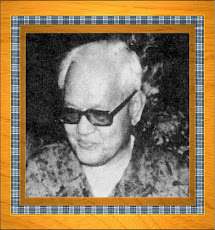
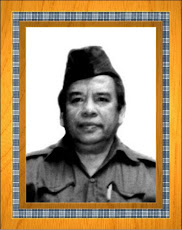

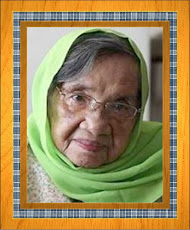





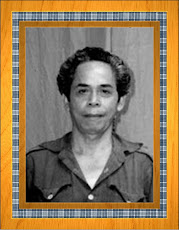

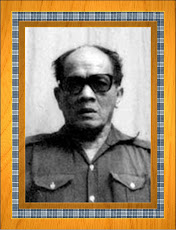







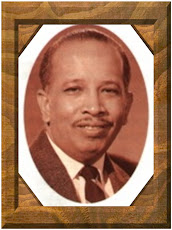

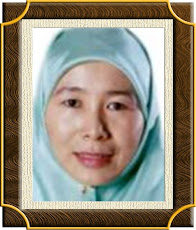
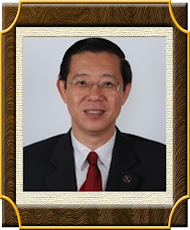

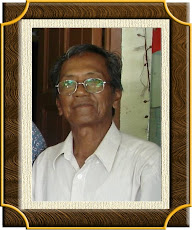
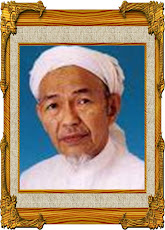


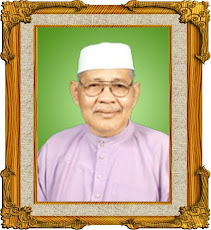
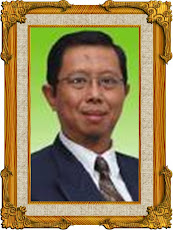


















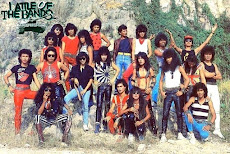




Tiada ulasan:
Catat Ulasan